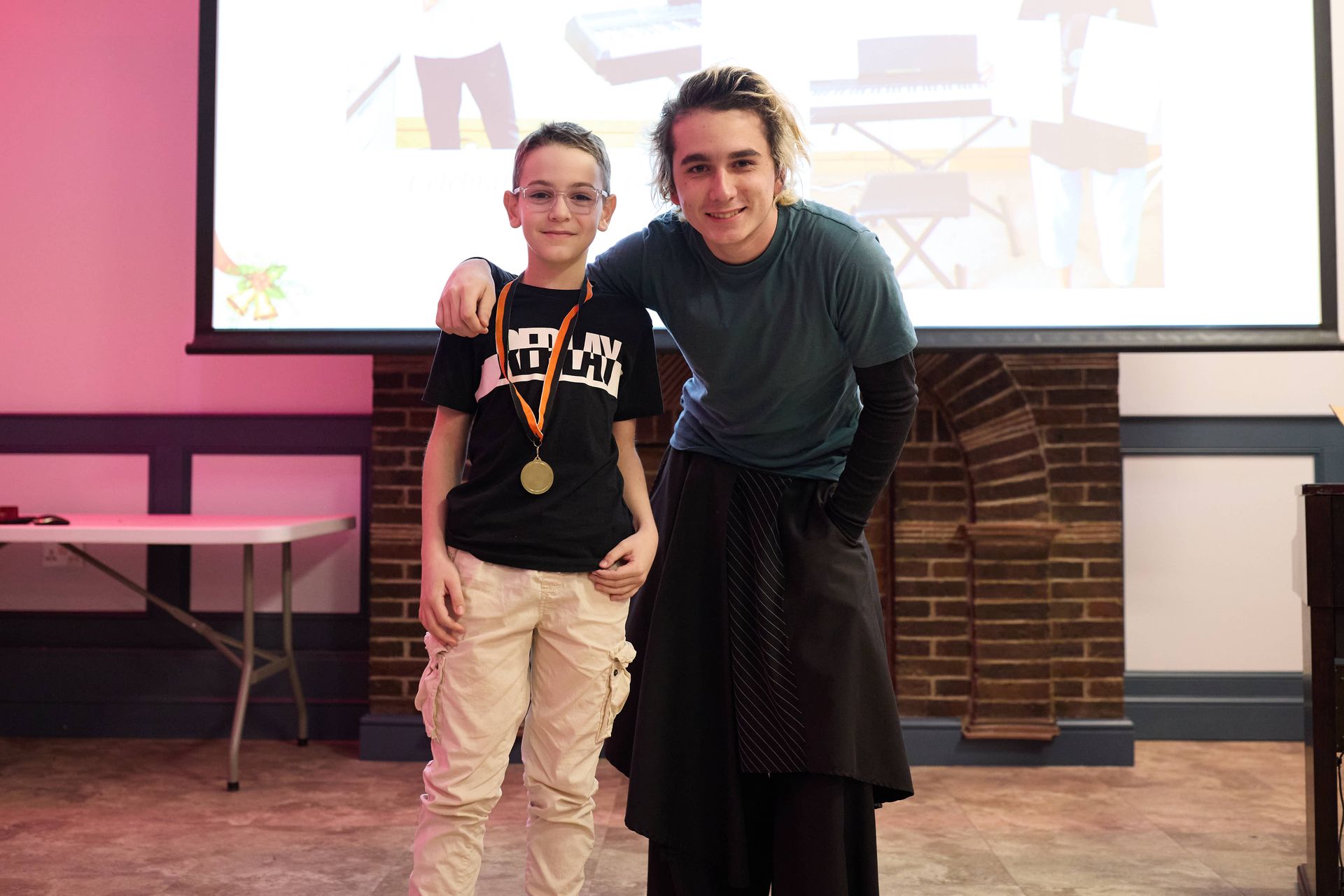How You Can Choose the Best Time to Begin Learning to Play the Piano
Have you ever wondered when the BEST time to learn to play the piano would be?
The pursuit of learning to play the piano is a timeless endeavor, with its benefits extending far beyond the limitations of age. While many people ponder over the question of when the best time to start learning the piano is, it's crucial to understand that there is no "perfect" age to embark on this musical journey. The piano's allure lies in its capacity to nurture creativity, cognitive abilities, and emotional well-being, regardless of one's age. Whether you're a curious child, an ambitious teenager, a career-focused adult, or even a retiree seeking a fulfilling hobby, the piano's harmonious notes can seamlessly integrate into your life and contribute positively to your mental and emotional landscape.
The idea that piano learning should be reserved for the young is a misconception that overlooks the remarkable adaptability of the human brain. Recent studies in neuroplasticity have highlighted how our brains retain the capacity to forge new connections and acquire skills throughout our lives. Learning to play the piano engages various cognitive functions, from memory retention to multitasking, enhancing brain plasticity and contributing to overall mental acuity. Moreover, the process of learning an instrument fosters discipline, patience, and perseverance—qualities that resonate deeply regardless of age and can significantly improve one's quality of life.
Beyond the cognitive advantages, the emotional and psychological benefits of piano learning are equally compelling. Music has the remarkable ability to evoke emotions and alleviate stress, offering a creative outlet that transcends age barriers. Whether you're a child exploring your feelings, a middle-aged individual seeking solace after a long day, or a senior rediscovering the joys of self-expression, the piano's keys provide a canvas for emotional release and artistic exploration. Ultimately, the best time to start learning the piano is now, irrespective of age, as the journey promises to enrich your well-being, expand your horizons, and cultivate a lifelong relationship with the beauty of music.
If you wish to know more about these hacks and resources, feel free to take a look around our website or connect with us directly!



